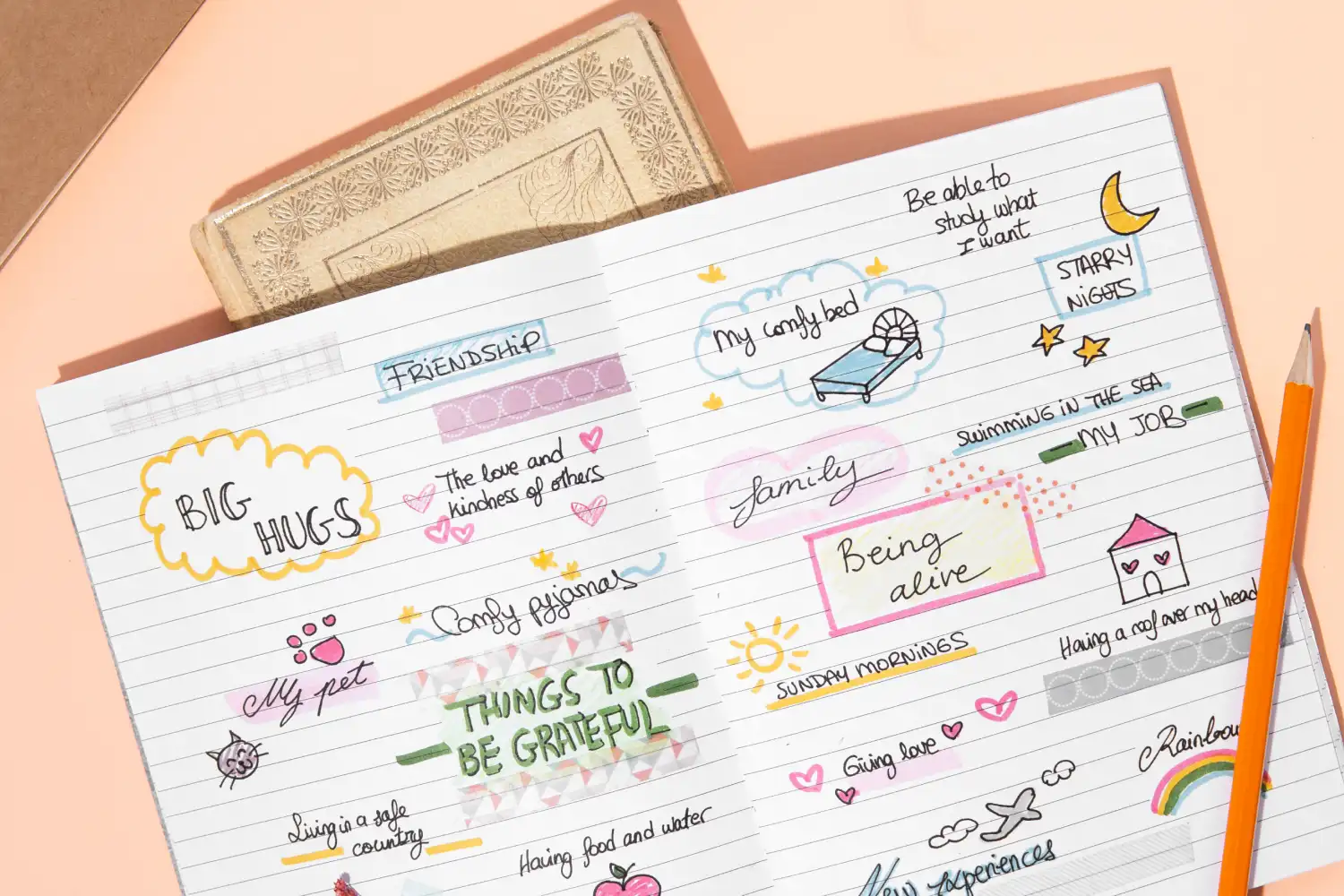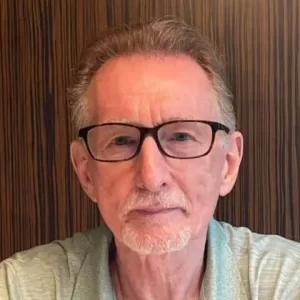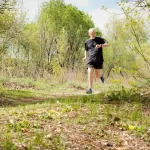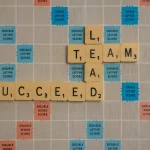Why do you work? Have you ever asked yourself this question? If so, your first answer will be ‘because I have no choice, I need the money’. So here is a second, follow-up question: If someone gave you enough money to live comfortably for the rest of your life, without ever having to work again, would you stop work completely? I can guarantee you wouldn’t stop working. Why? Because whether you realise it or not, work gives meaning to your life and it reinforces, validates, your sense of self.
Any employment, whether it be as a Grab delivery driver or CEO of a company, has a powerful existential element. Sure, the rewards and status can be vastly different, but not the sense of meaning and importance we attach to job, and to the self-worth it brings us.
Whether a job is fulfilling or not is a question only the person doing the job can answer.
Any boss or manager reading this should therefore take note. Your employees can get much more out of their work than simply a monthly income – they can get a meaningful existence. Therefore, part of your job is to recognise this and work to ensure that all your employees, no matter where they are located on the organisational hierarchy, are equally valued, equally respect, and listened to.
This is Total Inclusivity* in action and it is the key ingredient for fostering diversity, equity and inclusion in organisations and making them fit for purpose in the 21st Century.
Total Inclusivity means recognising, valuing, protecting and nurturing diverse identities, including those of race, gender, sexual orientation, class, disability, age, religion and language.
But what is paid employment going to look like during the rest of this century? Already it is a lot different from two decades ago.
Here are two contrasting perspectives on the future of work, indeed the future of us all:
‘I think we are seeing the most disruptive force in history here. [with AI] we will have for the first time something smarter than the smartest human. It’s hard to say exactly when that moment is but there will come a point where no job is needed’.’
‘I think one of the biggest risks to civilisation is the low birth rate and the rapidly declining birth rate…there simply won’t be enough humans to do the jobs that are left to do and which need doing…Please look at the numbers – if people don’t have more children, civilization is going to crumble, mark my words.’
What is especially interesting is that the same person made both statements – Tesla CEO, Elon Musk.
So, which is it, Elon? Is AI our greatest threat, or is it the declining global birth rate?
I am not expecting Elon to answer this question, and actually I don’t need him to because I already know the answer.
The answer is neither is the greatest threat to human civilisation.
The greatest threat to human civilisation is our inability and unwillingness to prepare for a future of togetherness. We are too busy protecting ourselves to worry about anyone else. We are too obsessed with our own wellbeing to concern ourselves with the wellbeing of others. We are too focused on ensuring we climb the ladder even if it means on the back of those below us.
In other words, humanity is more inclined towards selfishness than it is towards empathy. This is something we are each guilty of. But that needs to change if humanity is to navigate itself into a new, prosperous, healthy, safe and inclusive future.
Taking Elon Musk’s futuristic vision, he is most definitely correct in his assessment regards massive looming change and disruption. That is certainly on its way, if not already with us. But the answer to the human population dilemma does not lie with ‘people having more children’ – for one thing, the ‘people who give birth’ are females and it is they who are deciding not to have kids, and for many good reasons. Nor does the answer to the AI dilemma lie with humans giving up work for a life of leisure. Work provides humans with immense personal satisfaction, or can do.
Whatever the 21st century brings us it will not change this fundamental fact:
‘I AM BECAUSE WE ARE’
Look at what is happening in the world today. Everywhere you see change, and in a growing number of places you’ll see that change bringing chaos, anger, violence. Nobody is immune, nowhere is safe. Thailand is a long way from Israel and Gaza and Thailand is not involved in the conflict, but as I write there are 24 Thai nationals still held hostage by Hamas in Gaza, with another 34 killed and 19 injured in the Hamas-led attacks of Oct. 7th. As I say, we are all caught up in this, whether we like it or not.
Covid was a warning of what humanity faces as this century unfolds. It was a test of people’s willingness to work together to resolve a crisis. Climate change will most definitely bring even greater challenges. It is already doing so. What will be your role in addressing these problems? Do you believe only in yourself, your own potential, your own comfort? Do you advocate for forgiveness or revenge? And if you do, how do you think you can prosper without the help of others? How do you think you can even survive without the help of others?
‘I AM BECAUSE WE ARE’
Whatever the future brings us, we are all affected by it. Elon Musk is right to draw our attention to the dangers (and opportunities) contained in AI and he is entitled to his opinion regards the risks to human civilization if more ‘people’ don’t start having babies. But what all these messages, forecasts, and events, tell us is that we are all in this together. There is no escape from each other. There is no retreat to a life of total isolation. There is only humanity and the need to ensure civilization, safety and inclusivity for each and every one of us.
And our starting point for this must be empathy and recognising the danger of accepting suffering, becoming complacent to tragedy, to the torment others are experiencing. If we don’t care for the wellbeing of other people, other people won’t care for the wellbeing of us.
‘When any person or community suffers, a piece of each of us suffers with them, whether we realise it or not. And although we are not meant to live in a state of suffering, we, as a people, are being conditioned to accept it.’ *
If humans have one unchangeable and relentless instinct it is to belong, to be socially connected, to contribute, to be part of something bigger than themselves. As COVID-19 has proved, and AI will soon confirm, humans are hardwired for connection, not isolation. Belonging is what makes us happy, makes us feel validated, gives us hope and inspires us to connect with others.
We all have a debt to each other because in today’s interconnected world we all rely on each other to maintain our lives, our lifestyle, our well-being, our safety, our community of belonging. You didn’t get where you are on your own. You had help. You will have had direct help from certain individuals and you had help from millions of unknown people each of whom did their job, fulfilled their roles, took responsibility, so that you, and I, could live, thrive, develop.
This is Total Inclusivity in action. And it is not an option, it is a necessity, a vital factor in ensuring human civilisation continues, and indeed, improves.
In truth, I have no idea what the future brings you and I. I don’t even know what tomorrow brings you and I. But this I do know, without more togetherness, more empathy, more understanding, more forgiveness, and yes, more love, then the future will be grim indeed. There are now too many ‘big crises’ facing us all, individually and as a species.
Our one hope is that we make the 21st century the first century in human existence where we recognise our common humanity, our togetherness, our reliance on each other and start to live as a global community, not as fearful, battling groups and individuals.
*Whitehead, S. 2022, ‘Total Inclusivity at Work’, Routledge, London




